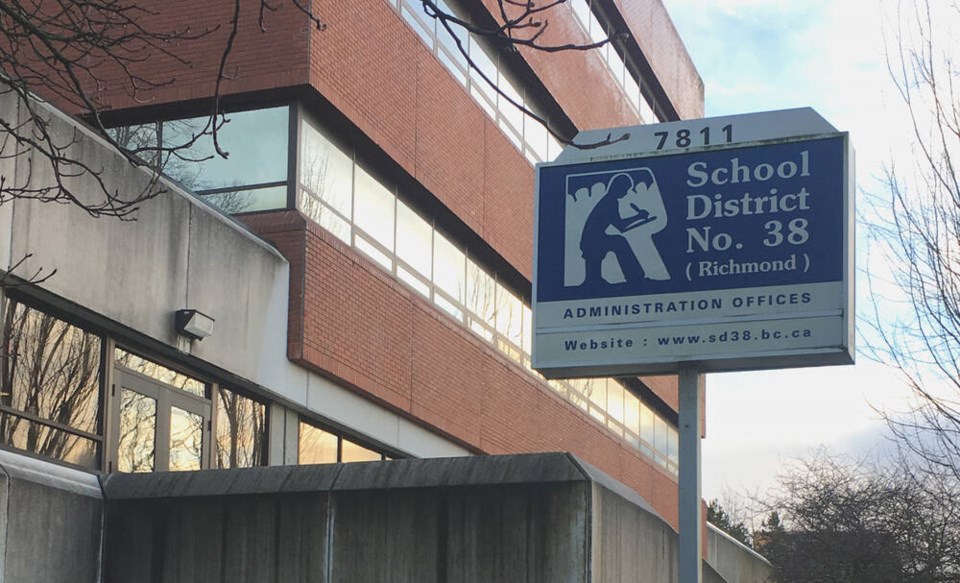The Richmond Board of Education unanimously approved its budget of almost $344 million for the upcoming school year.
The budget - $23.5 million more than last year - will be used for operations as well as special purpose and capital programs.
The province raised its per-student funding overall in B.C. for the 2023/24 school year, adding about 11.5 per cent to the Richmond School District budget.
This follows last year’s budget when the board, faced with no per-student funding increase, decided to dip into its surplus in order not to cut back on library technicians as well as other support staff.
The school district “went out on a limb” and made some “dicey” budget decisions last year, said board chair Debbie Tablotney at last week’s meeting when they were dealing with the budget.
“We pulled through and we hoped for enrolment growth and we kind of figured it was coming,” said Tablotney.
However, she added, there are still “lots of cost pressures.”
“We are working together to come up with the best budget for our students and continuation for their programs.”
About three-quarters ($252.5 million) of the total budget will go to operating expenses, including instruction, administration, facilities operations, maintenance and transportation.
The Ministry of Education and Child Care is providing an estimated $60.2 million for the school’s special purpose fund, which includes $45.1 million for classroom upgrades and $2.4 million to increase school lunch programs.
Meanwhile, an estimated $31.2 million capital fund budget from the ministry will be used for facility and equipment-related expenses.
School trustee David Yang said he was happy to see “investments on the ground” for this year’s budget compared to the previous year where “some difficult decisions” had to be made.
“I’m glad that the Ministry of Education and Child Care has increased the base grant (per-student funding) this year for us,” said Yang.
The basic per-student funding is being raised to $8,625 for the upcoming school year.
But, he added, there’s always room for more “resource allocations.”
He highlighted ELL students, students with unique needs, special education, food security funding and portables are all aspects of the education system that requires the “help of our provincial government.”
In the newly approved budget, there will be more money for custodians and a variety of education staff including administrators.

.jpg;w=120;h=80;mode=crop)

